Best Insect-Repelling Plants for Central Texas Yards
By Innovation Grounds
Central Texas homeowners know that with warm weather and sunshine come pesky bugs—mosquitoes, flies, gnats, and more. Instead of constantly relying on chemical sprays and candles, why not let nature do the work? Certain plants not only beautify your yard but also naturally repel insects.
If you’re looking for a sustainable, eco-friendly way to protect your yard and enjoy your outdoor space bug-free, this guide is for you. Below are some of the best insect-repelling plants for Central Texas yards, along with tips on how to grow them successfully in the local climate.
Why Use Insect-Repelling Plants?
Adding insect-repelling plants to your garden provides multiple benefits:
Natural pest control without chemicals
Aromatic gardens that deter bugs and attract pollinators
Low-maintenance landscaping that thrives in the Central Texas climate
Cost-effective solution to seasonal bug issues
Focus on plants that thrive in USDA Hardiness Zones 8-9, which covers most of Central Texas.
Citronella
Focus Keywords: citronella plant Texas, mosquito-repelling plants
This well-known mosquito repellent is more than just a candle scent—it’s a real plant you can grow! Citronella is a clumping grass with a strong lemon scent that confuses and repels mosquitoes.
Sunlight: Full sun to partial shade
Watering: Moderate, drought-tolerant once established
Tip: Use citronella in pots near patios or seating areas for best results.
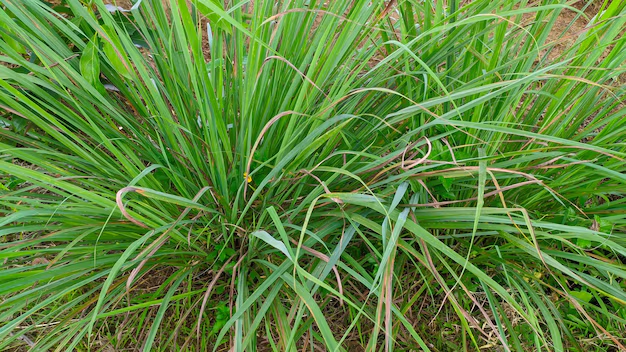
Lavender
Focus Keywords: lavender Texas garden, natural bug repellent
Lavender’s calming fragrance is not only beloved by humans but is also disliked by moths, flies, mosquitoes, and even fleas. It’s perfect for Central Texas due to its love of heat and dry soil.
Sunlight: Full sun
Soil: Well-draining, sandy or rocky
Maintenance: Prune after flowering to encourage new growth
Bonus: It attracts bees and butterflies while keeping pests away!
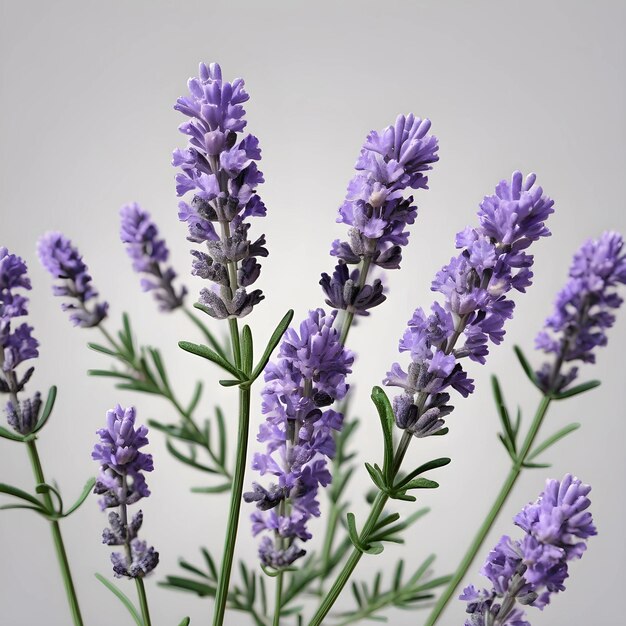
Lemongrass
Focus Keywords: lemongrass Texas yard, mosquito repelling herb
Often confused with citronella, lemongrass is another citrus-scented powerhouse. It thrives in warm climates and can grow up to 4 feet tall—creating a natural pest-repellent barrier.
Sunlight: Full sun
Watering: Regular watering during dry spells
Usage: Crush the leaves and rub on skin for natural bug protection
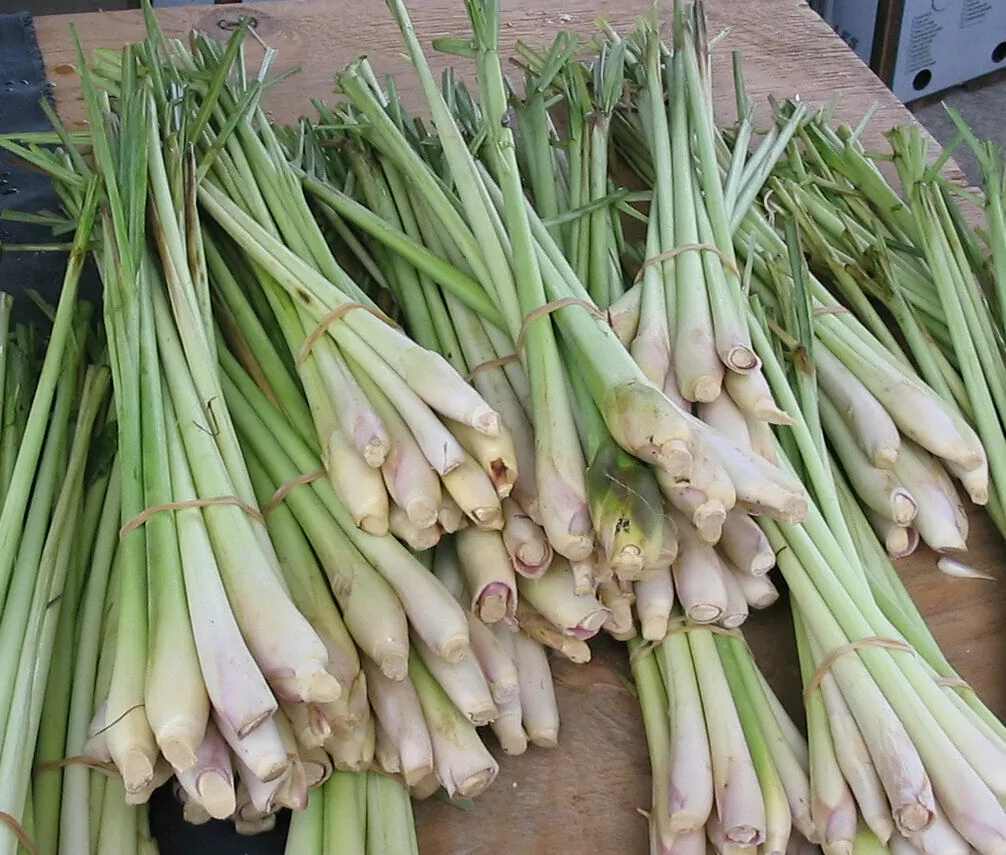
Basil
Focus Keywords: basil bug repellent, Texas herbs for gardens
This kitchen staple doubles as a natural fly and mosquito repellent. Basil is easy to grow in containers or raised beds and fits well in herb gardens or patio pots.
Sunlight: At least 6 hours of sun daily
Soil: Moist, well-drained
Tip: Harvest often to keep it bushy and productive
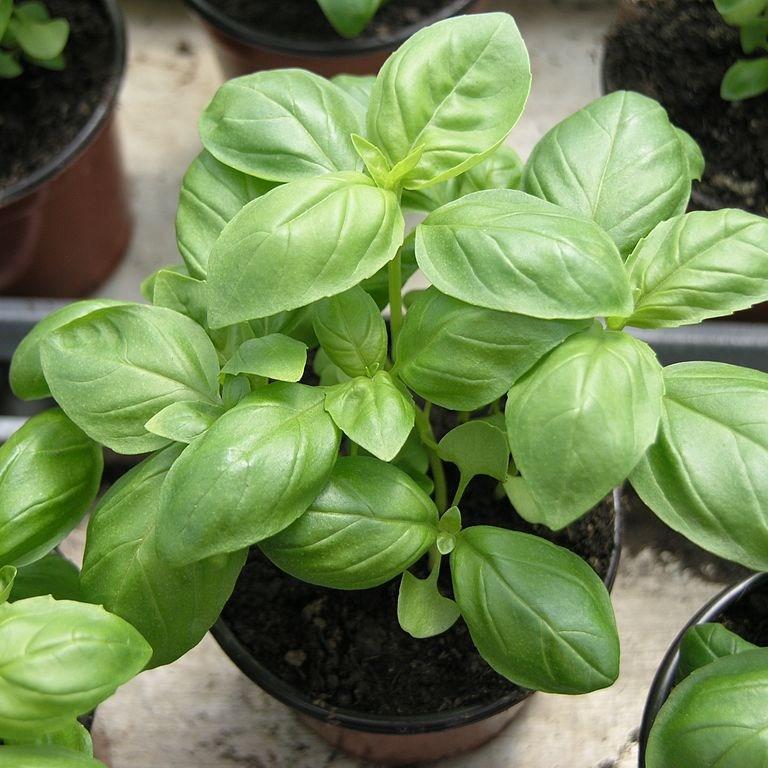
Marigolds
Focus Keywords: marigolds Central Texas, garden pest control
Bright and cheerful, marigolds produce a scent that deters mosquitoes, aphids, and even rabbits. They’re excellent border plants for vegetable gardens or flower beds.
Sunlight: Full sun
Bloom Time: Spring through fall
Care: Deadhead spent blooms to encourage more flowers
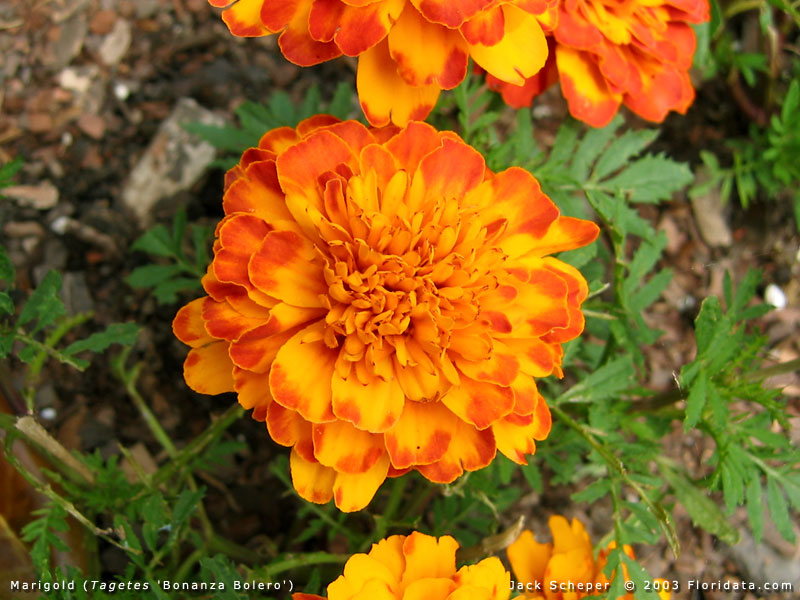
Rosemary
Washed granite gravel is a durable and attractive option for various landscaping needs. It is used for:
- Driveways: Offers a sturdy and long-lasting surface.
- Walkways: Provides a natural, rustic look.
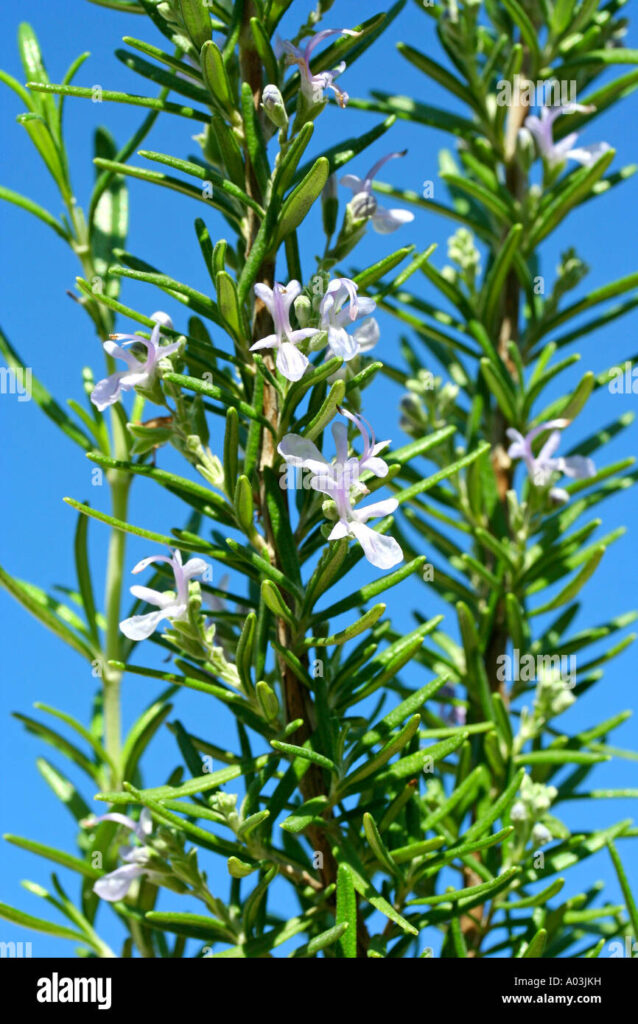
Mint
Focus Keywords: mint pest repellent, Central Texas herbs
Mint is super easy to grow and highly effective against ants, mosquitoes, and flies. But be careful—it can take over your garden if not contained.
Best in containers to prevent spreading
Loves water, especially during hot summers
Great for walkways or around patios
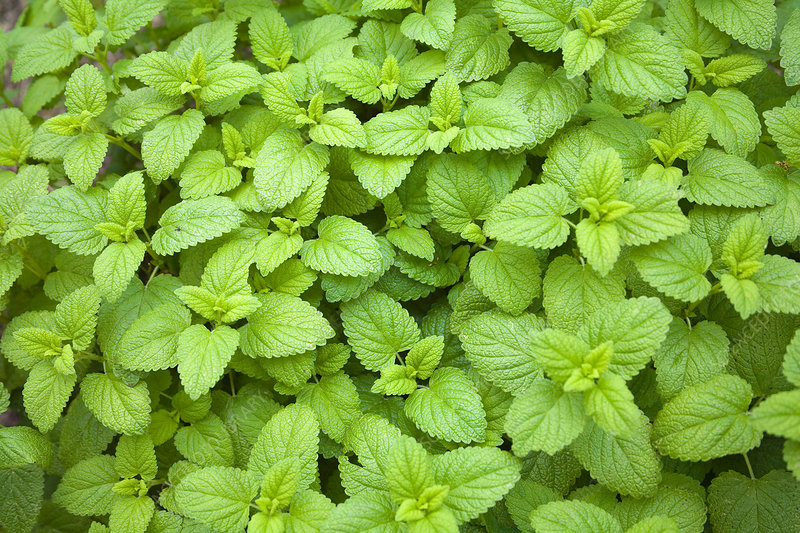
Final Tips for Growing Insect-Repelling Plants in Central Texas
Group plants strategically around patios, doors, and windows to maximize repellent effects.
Use native or drought-tolerant varieties whenever possible to reduce maintenance and watering.
Mix and match—plant a variety of insect-repelling plants for broader protection.

Conclusion
Using insect-repelling plants in your Central Texas yard is a smart, sustainable way to keep pests at bay. From aromatic herbs like basil and rosemary to bold flowers like marigolds, these plants not only help with bug control but also enhance the beauty of your landscape.
Whether you’re designing a cozy backyard retreat or a functional herb garden, these plants can give you peace of mind and fewer itchy bites.


